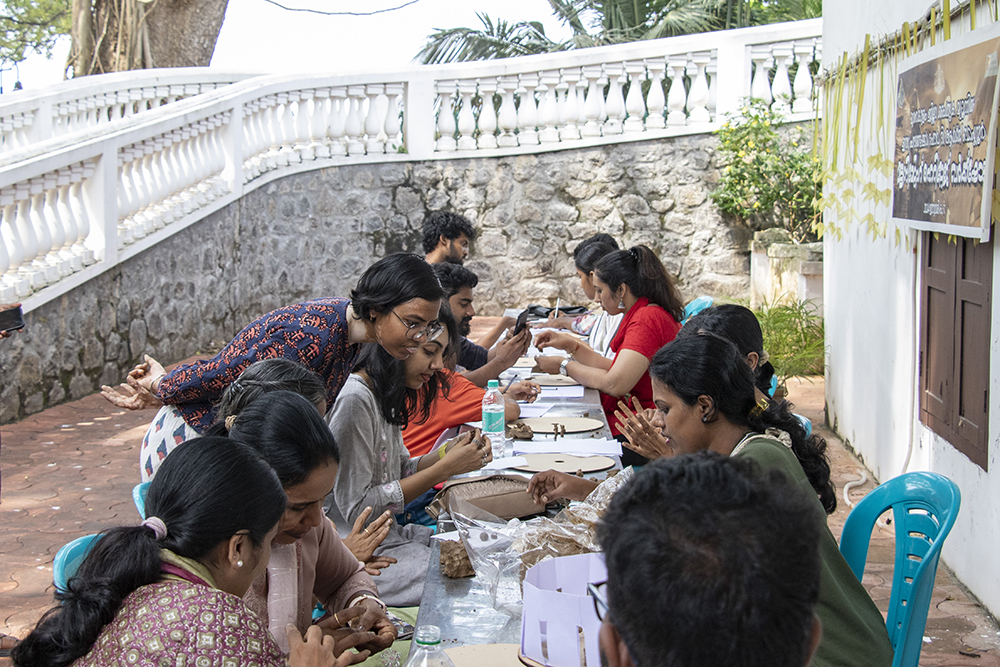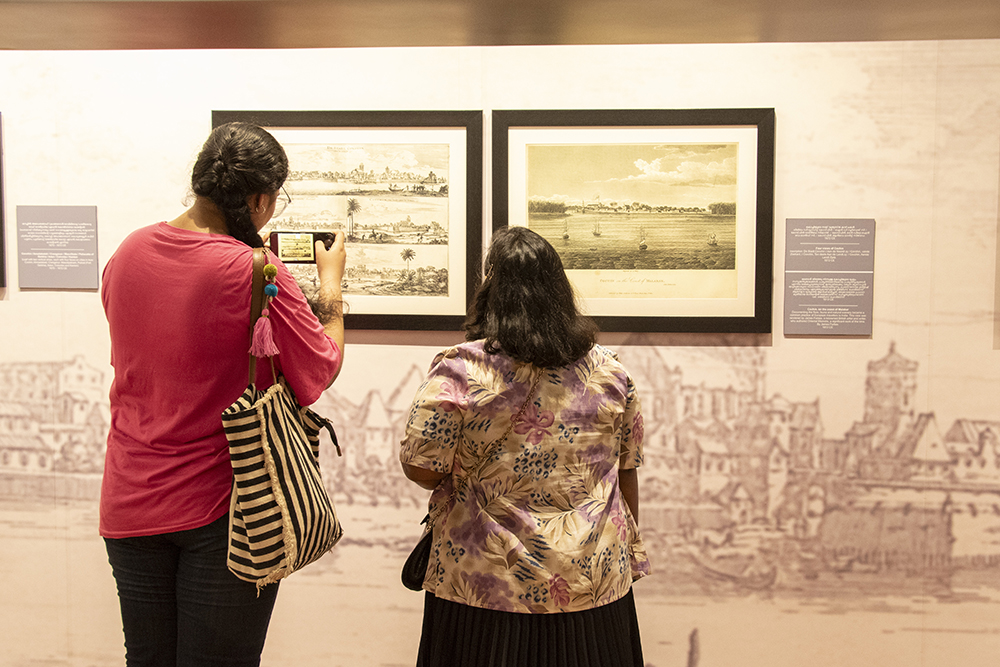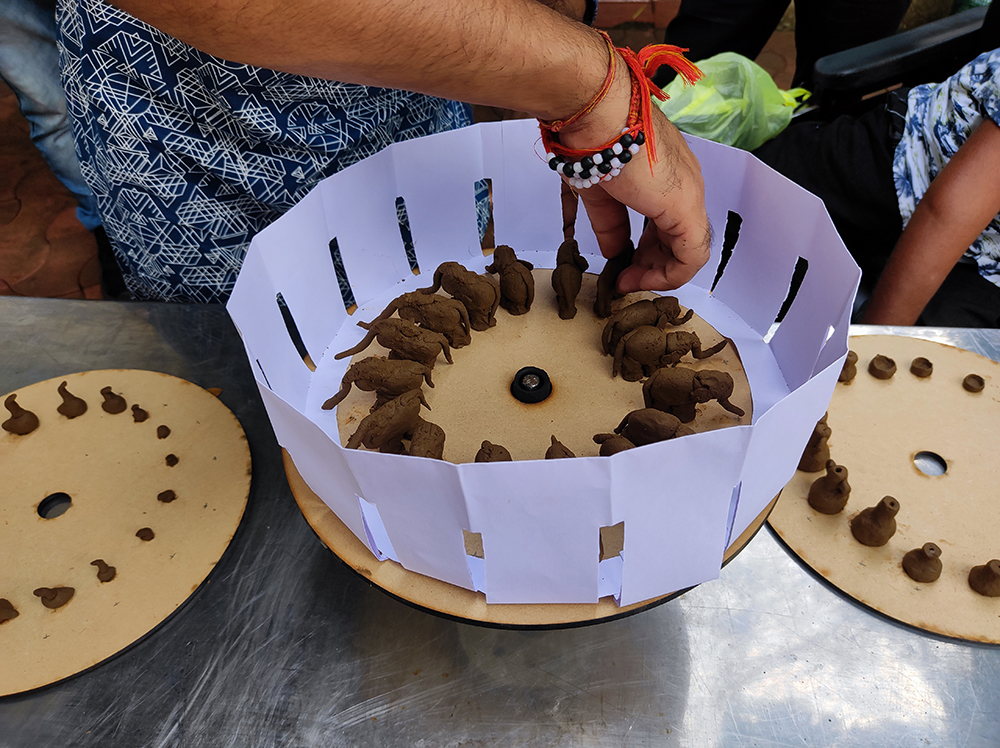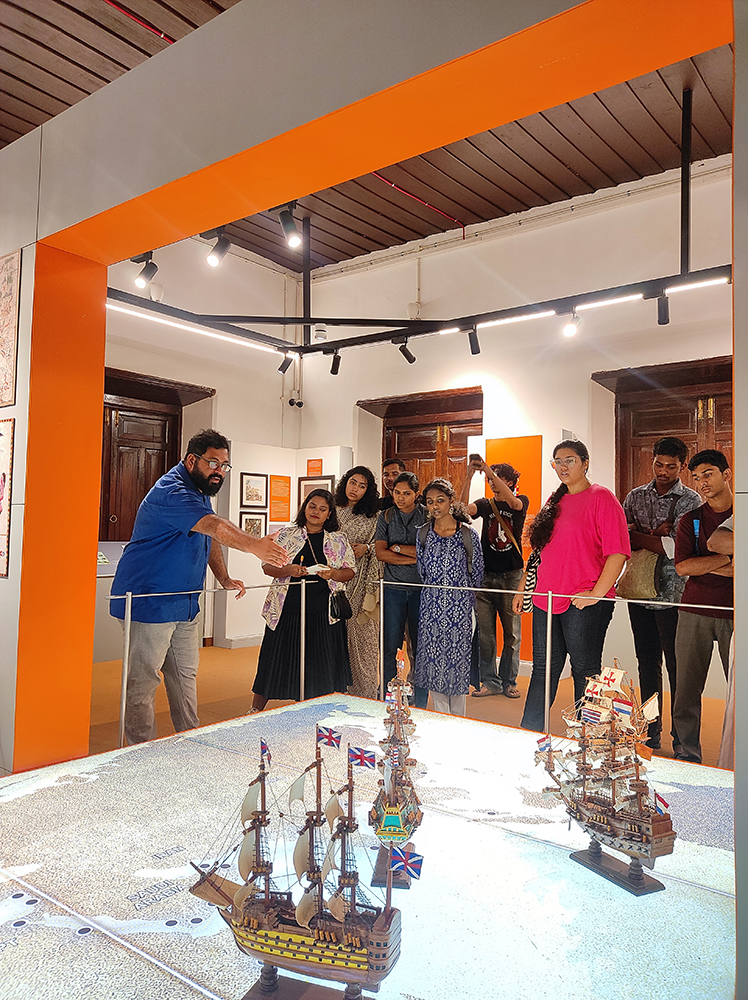Raj Kumar Maurya




Project Period: One year
This Foundation Project implemented by IFA will showcase the rich history and cultural significance of the spice trade in Kerala, particularly through the lens of Muziris Papyrus scrolls, the book of Hortus Malabaricus, and the map of Tabula Peutingeriana through a three-part animated film. The three animation films will be the output of extensive primary research based on materials available at the Bastion Bungalow Museum as well as secondary research conducted at various museums and resource centres in Kochi. By weaving together the research findings, the films will narrativise a historical account of the ancient spice trade in Kerala, the various types of spices grown in the region, and the different trade routes used to transport these spices to other parts of the world. The project is a collaboration with the Bastion Bungalow, a historical monument in Fort Kochi, Kerala. The museum epitomises the varied poly colonial histories that inform Kochi’s past, with the original fort being constructed by the Portuguese in the 16th century. Over the next century, sections of the fort were refortified by the Dutch and later in the 18th century the British demolished the fort to build a bungalow. Used as a residential building during the British period, Bastion Bungalow was declared a protected monument by the State Department of Archaeology in 1999 and transformed into a district heritage museum. Raj Kumar Maurya is the Project Coordinator for this project.
Raj Kumar Maurya is based out of New Delhi and has a Master’s degree in Photography Design from National Institute of Design. His interest lies in the interface of design, animation, archive and history. He has earlier worked as an archivist for the Sabarmati River Archives under Murthy Nayak Foundation and as a researcher and assistant curator at the Pattani Archives. Given his experiences, Raj is best suited to be the Project Coordinator for this Foundation Project of IFA.
The project looks at Muziris Papyrus scrolls, the book of Hortus Malabaricus, and the map of Tabula Peutingeriana to premise the animation films. The first film, tentatively titled, Echoes of Muziris, follows the captivating journey of Arjun, a young scribe driven by his insatiable curiosity and love for history. When a rare and enigmatic papyrus scroll is unearthed in Muziris, Arjun embarks on a quest to decipher its route. The second film The Garden of Spices based on Hortus Malabaricus invites us into the enchanting world of Chetan, a passionate and skilled gardener who tends to the sprawling spice gardens of Kerala. Chetan unravels the ancient tales of each spice, their traditional uses in culinary practices, and their profound cultural significance. The third film Spice Route will be based on Tabula Peutingeriana, an ancient map that was created in the 4th century. The film will narrativise the histories of trade routes and take the audience on an expedition alongside Rajan, a seasoned merchant and adventurer. The materials at the Bastion Bungalow will be used in conjunction with research findings from other sources, to uncover these micro histories. The project aims to bring forth the presence and influences of multiple histories and create a visually engaging output that will attract a wider audience and promote public engagement with the museum’s collection.
The project has been broadly divided into four phases: studying the archive and researching to develop the script in the first three months; setting up of production, finalising script and story boarding; production and recording of music; final editing and post production and screening of the films. During these phases, in order to disseminate the project and engage the public, the Project Coordinator will also organise a few workshops on botanical illustration and mapping medicinal plants; exploring trade routes; and storytelling and animation.
The outcomes of this project will be a three-part animated film, a series of public engagement programs, workshops, and a comprehensive research documentation highlighting the cultural heritage of the region.
The Project Coordinator’s deliverables along with the final reports will be high resolution digital copy of the film, along with a selection of images and recordings from the workshops and photographs from the research documentation.
IFA will ensure that the implementation of this project happens in a timely manner and funds expended are accounted for. IFA will also review the progress of the project at midterm and document it through an Implementation Memorandum. After the project is finished and all deliverables are submitted, IFA will put together a Final Evaluation to share with Trustees.
